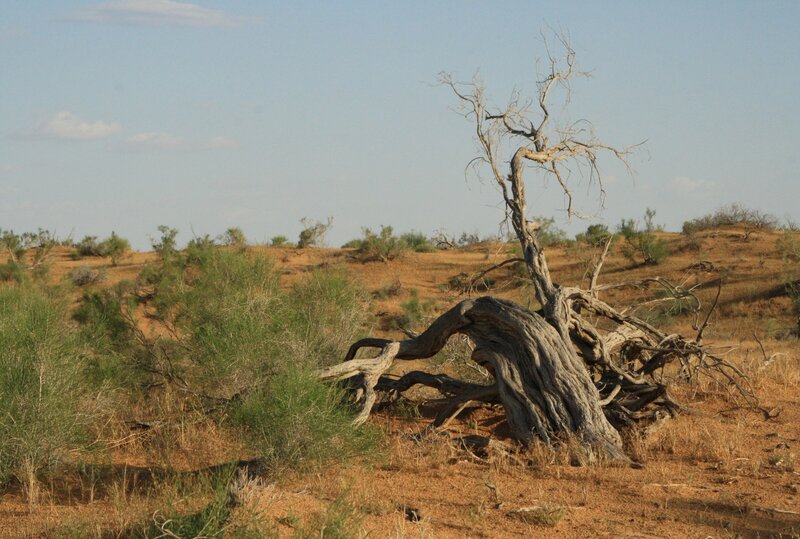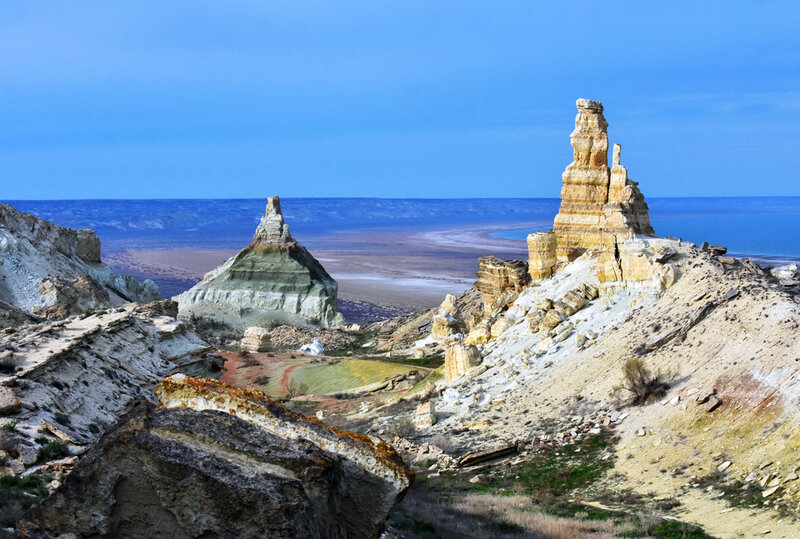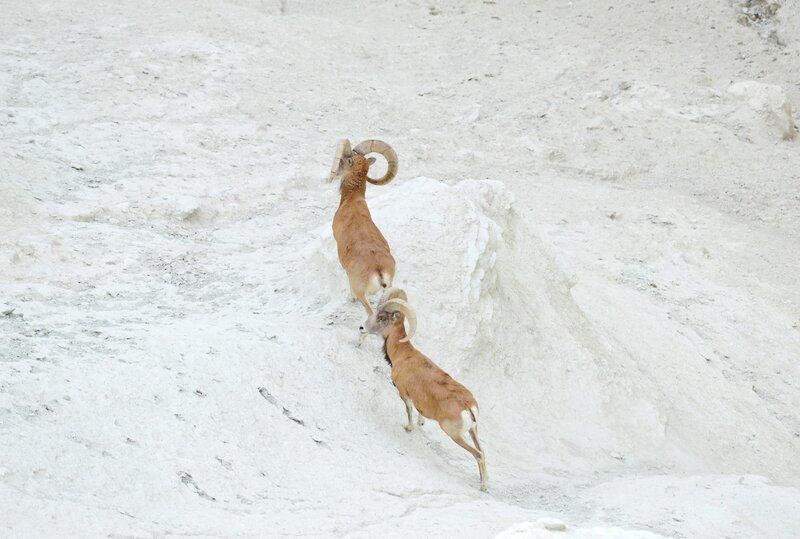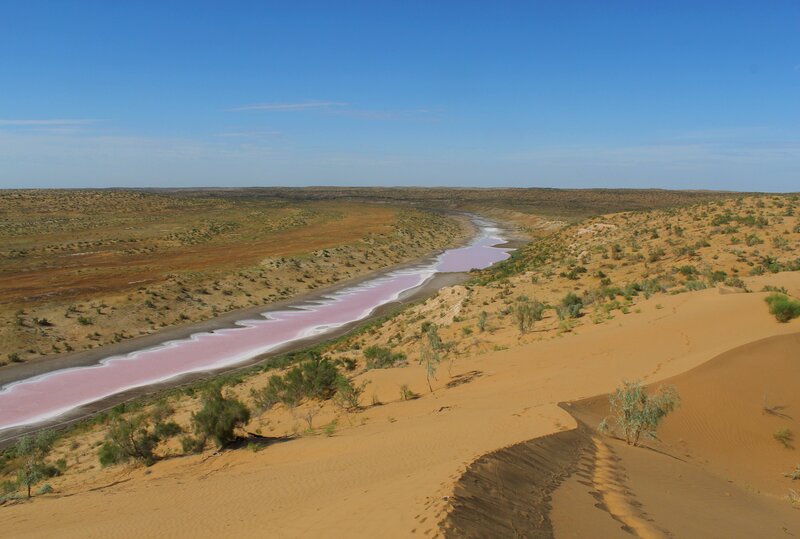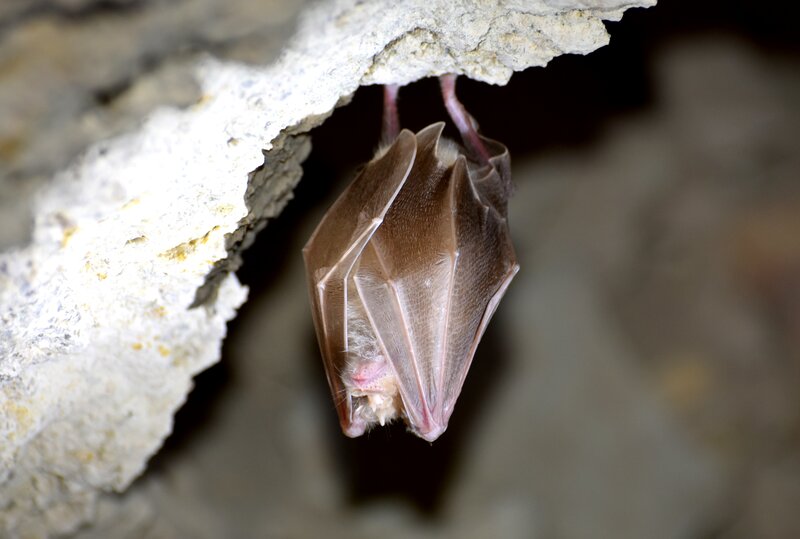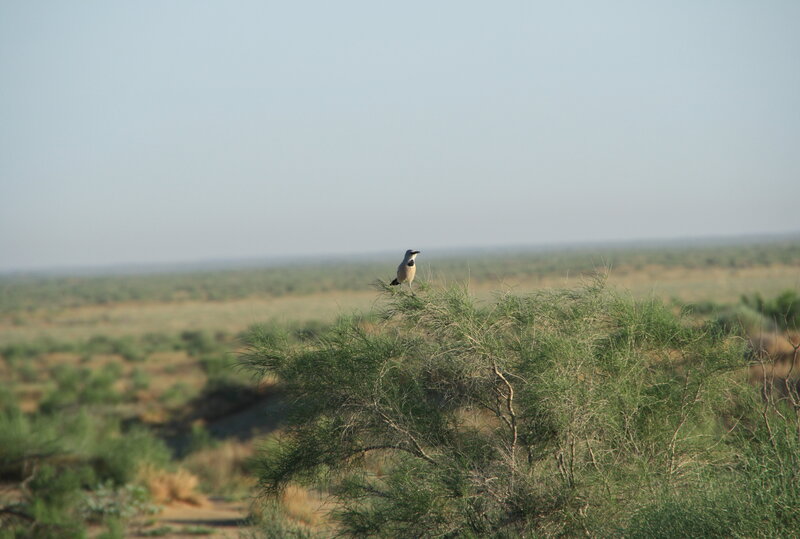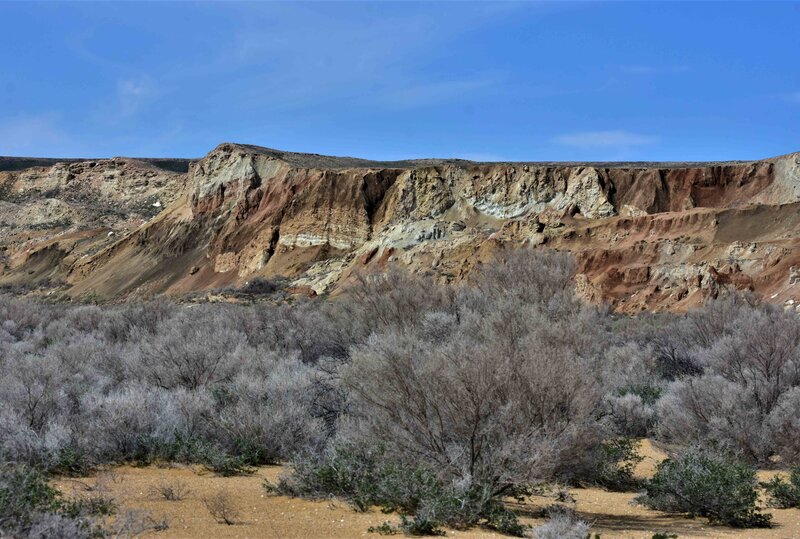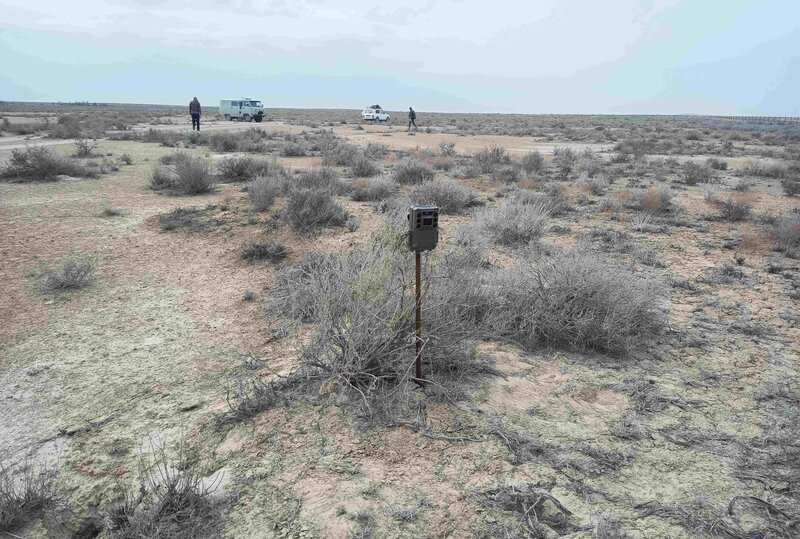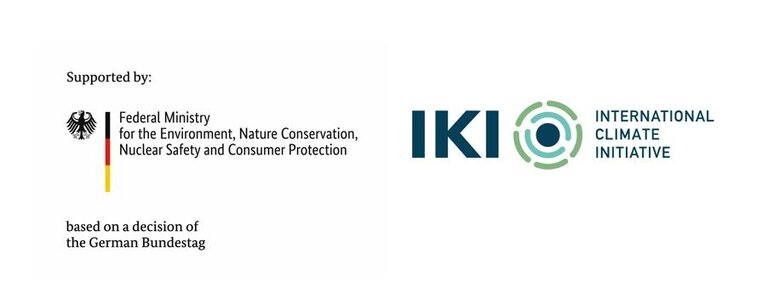Central Asia
One Health for nature conservation in Central Asia
Background:
The risk of zoonotic diseases in Central Asia is steadily increasing due to the loss of biodiversity and changing interactions between humans and wildlife. Disease risks pose a growing threat to human health and the survival of species. A One Health approach is therefore crucial to identify and reduce sources of risk and proactively counter the spread of diseases. Nature conservation has a key role to play here.
Aim:
The overall project objective is the prevention of zoonoses through the expansion and improvement of protected areas and Other Effective Area-based Conservation Measures (OECMs) in Central Asia. The project comprises three core thematic components: (i) area based (landscape) conservation, (ii) management of wildlife species for the conservation and health of human, and (iii) environmental health through good governance, equity and rights
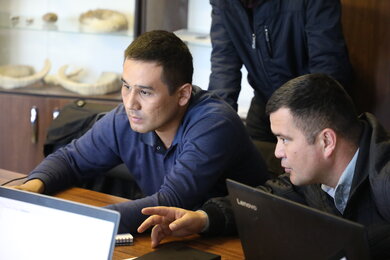
One Health in Nature Conservation – Enhancing landscape resilience to zoonotic disease emergence by consolidating nature conservation systems in Central Asia
Location: Central Asia
Duration: 02/2024 – 12/2029
Implementation:
As part of the One Health Initiative coordinated by the IUCN, a broad national and international project consortium, supported by political partner institutions from all five Central Asian countries, is implementing a comprehensive package of measures to prevent the occurrence and spread of zoonoses in Central Asia.
The aim of work package I is to develop a well-connected regional system of protected areas and OECMs that safeguards biodiversity, acts as a natural barrier against zoonotic outbreaks and contributes to climate protection.
The Succow Foundation is implementing the following measures in its main target countries Kazakhstan, Turkmenistan and Uzbekistan:
- Evaluation of the management effectiveness of selected protected areas;
- Update of management plans for selected protected areas;
- Elaboration of monitoring guidelines;
- Implementation of training courses on monitoring;
- Development of a transnational management plan for the UNESCO World Heritage Site Cold Winter Deserts of Turan;
- Support for the transboundary nomination of the Surkhan (Uzbekistan) and Koytendag (Turkmenistan) protected areas as UNESCO World Heritage Sites;
The measures will be based on the IUCN Green List Standard, a global „gold standard“ for the management of protected areas, landscapes and biodiversity.
Work package II is intended to improve the monitoring of wildlife species in Central Asia and thus the position for assessing potential outbreaks and transmission risks of zoonotic diseases.
The MSF's measures include:
- Biodiversity expeditions in Kazakhstan, Turkmenistan and Uzbekistan;
- Measures to improve the connectivity of protected areas in the Southern Ustyurt tri-border region between Kazakhstan, Turkmenistan, and Uzbekistan;
In implementing the measures, synergies with ongoing projects that the MSF is currently implementing together with the GIZ in Central Asia will be used, such as with the ILUCA project or the EcoAral project. Project results from the Central Asian Desert Initiative (CADI) are also being built upon.
In addition to the MSF, international partners include the Secretariat of the Convention on Migratory Species (CMS), the UNEP World Conservation Monitoring Centre (WCMC) and the Zoological Society of London (ZSL). National partners in the target countries are CAMP Alatoo in Kyrgyzstan, the Zoological Institute of Kazakhstan, the Institute of Zoology of the Uzbek Academy of Sciences and the Tajik Nature Foundation.
The project is funded by the International Climate Initiative (IKI) of German Government. The project is coordinated by the IUCN and implemented together with a consortium of national and international partners, supported by political institutions from all five Central Asian countries.
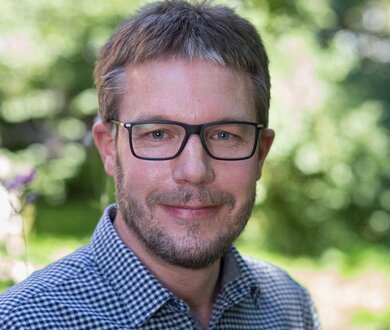
Christian Welscher
Expertise: International environmental and nature conservation cooperation, protected area management
Tel +49 3834 83542 36
